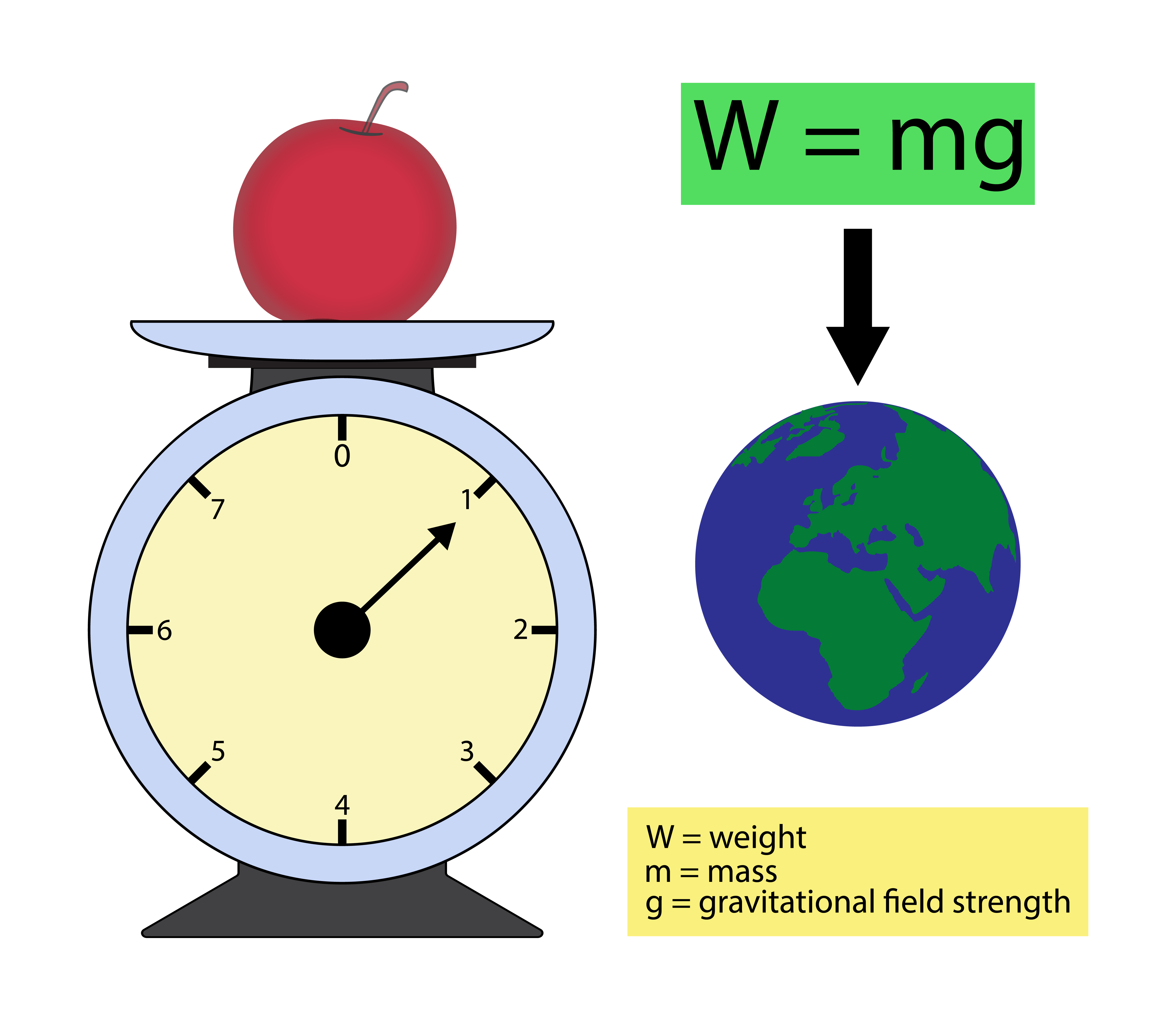Weight Of Duty Wow - Carrying The Load In Digital Worlds
Sometimes, when you’re deeply involved in a creative pursuit, especially one that touches on building digital experiences, you start to feel a certain heaviness. It's not a bad feeling, not really, but more like a significant sense of responsibility. This feeling, this "weight of duty," it can come from all sorts of places – from the smallest details in a virtual life simulator to the grand scale of a community effort. It’s about the commitment to making things work, to making them right, and to keeping them going for others to enjoy.
You know, it's pretty interesting how this sense of obligation pops up in unexpected spots. For someone who spends time building or playing in these digital spaces, there's often a quiet, almost unspoken promise to keep things engaging, to fix what’s broken, and to keep adding new things. This holds true whether you're a person making a game or just someone trying to get the most out of one. It's a bit like a promise to yourself and to anyone else who might come along for the ride.
This feeling, the one that makes you want to get things done and see them through, it’s actually a big part of what makes these virtual worlds feel so real and so important to us. It's the drive to keep improving, to keep creating, and to keep sharing. And, that, is that, something we can all appreciate, whether we are crafting new stories or simply exploring the ones already made.
Table of Contents
- The Little Things That Weigh On Us - in Weight of Duty Wow
- Curating Content - Is That a Weight of Duty Wow?
- The Growing List and the Weight of Duty Wow for Curators
- Balancing Life and Creative Work - The Weight of Duty Wow for Creators
- Community Care - Does It Add to the Weight of Duty Wow?
- Moving Mountains of Information - The Weight of Duty Wow in Wiki Management
- Crafting New Play Experiences - The Weight of Duty Wow of Innovation
- Early Stages and the Weight of Duty Wow of Development
The Little Things That Weigh On Us - in Weight of Duty Wow
It's kind of funny, but one of the things that has always, you know, sort of bothered me about a certain popular life simulation game is how the little digital people in it don't seem to notice when their own bodies change. You'd think, wouldn't you, that if someone gained or lost a bit of mass, they might at least have a reaction? It’s a small detail, but it can make a big difference in how real the experience feels. I mean, honestly, it's just a little thing that makes you scratch your head.
For example, I have a particular digital person in my current game, and they've been through quite a bit, yet they remain completely unaware of their physical form shifting. This sort of thing, it almost makes you wonder about the depth of their virtual existence. It’s a very specific point, but it highlights how even in games that aim for realism, some basic human experiences are overlooked. This oversight, you know, can feel like a slight burden on the player, who then has to suspend their disbelief just a little more.
This small observation, while seemingly minor, does hint at a larger idea: the silent expectations we place on the creators of these digital spaces. We want them to think of everything, to make the virtual world as rich and responsive as possible. And that, in a way, is a part of the "weight of duty wow" that developers carry. They are trying to build entire worlds, and sometimes, the tiniest overlooked detail can stand out, making us wish for just a bit more attention to the small, human elements.
- Lululemon Summer Sale
- Tiffani Thiessen Sexy
- How Does Zeke Die In Manifest
- Does Denzel Washington Have Any Siblings
- Black Makeup Mirror
Curating Content - Is That a Weight of Duty Wow?
Moving beyond just playing games, there’s a whole other side to the digital experience: putting together and organizing information for others. Take, for instance, the effort of gathering all the games that focus on a particular theme, like those dealing with changes in body size, and putting them into one handy list. It’s a pretty big job, and it takes a lot of careful looking and sorting. This kind of work, you know, it’s not always glamorous, but it’s really important for people who are looking for specific types of content.
This process of collecting and organizing can feel like a genuine responsibility. It’s about providing a resource that people can trust and use. You're trying to make sense of a lot of different pieces, to give them a structure that makes them easy to find and understand. And, in fact, this kind of diligent work is something that really benefits a community, making it easier for everyone to find what they are looking for without having to search everywhere themselves. It’s a kind of quiet service, really.
The Growing List and the Weight of Duty Wow for Curators
The list I’m thinking of, the one compiling all these specific games, has, you know, already gotten pretty long. It's reached four hundred entries, and it's still getting longer. Just imagine that! Four hundred different creations, each one needing to be checked and added in the right spot. This kind of continuous growth means the work is never really done; there’s always something new to add, something to update. It's a rather constant effort.
This steady expansion of the list means that the person keeping it up has a pretty significant job on their hands. It's not just a one-time thing; it’s an ongoing commitment to keeping the resource current and complete. And, by the way, if someone wants to see this list for themselves, it’s out there, ready for viewing. This sharing of information, this openness, is a part of that larger commitment, that "weight of duty wow" to the community. It’s about making sure others can benefit from the effort.
One of the games on that list, for example, is called "Gaining Perspective." It’s a text-based game that explores extreme body changes, and it does so with a pretty honest approach to how it tells its story, how it looks, and even some of its more serious themes. This shows that even within a very specific niche, there’s room for thoughtful, well-made experiences. The creators of such games also carry a "weight of duty wow," to craft something meaningful, even if the subject matter is unusual or, you know, a bit dark for some.
Balancing Life and Creative Work - The Weight of Duty Wow for Creators
It’s pretty common for people who create things, especially in the digital space, to have a lot going on in their lives outside of their creative projects. There's often a need to juggle different responsibilities, and that can really add to the overall feeling of having a lot to do. I mean, honestly, sometimes life just throws a lot at you all at once.
I wanted to give a quick update on some things because, you know, there was a pretty big deadline for a project at my regular job. That alone can take up a lot of mental space and time. On top of that, there were some personal matters that needed attention, including the rather big task of moving to a new place. All these things pile up, and it really shows how creators often carry a significant "weight of duty wow" not just for their projects, but for their own lives too. It’s a balancing act, and it’s not always easy.
This kind of situation highlights the human element behind all the digital content we enjoy. The people making these games and lists are, well, just people. They have jobs, they have homes, they have personal stuff that needs their attention. So, when updates are slow, or things take a while, it's often because the person behind the screen is dealing with their own version of that "weight of duty wow," trying to keep all the plates spinning. It’s something to remember, you know, when we think about how our favorite content gets made.
Community Care - Does It Add to the Weight of Duty Wow?
Building and keeping a community alive, especially one centered around a very specific interest, is a pretty big undertaking. It’s not just about creating content; it’s about providing a space where people can connect, share, and feel supported. This kind of work, you know, often goes unnoticed, but it’s absolutely vital for keeping a particular niche interest thriving. It’s a lot like tending a garden, really, making sure everything has what it needs to grow.
There’s a group, for instance, that’s all about helping game development related to expansion and body-size themes. They provide a place for creators to get support and for players to find new experiences. This kind of collective effort, this shared goal, adds its own kind of "weight of duty wow" to everyone involved. It’s about ensuring that a particular kind of creative expression has a place to exist and develop, and that people with shared interests can find each other.
Moving Mountains of Information - The Weight of Duty Wow in Wiki Management
That very long list of games we talked about earlier, it’s actually in the process of being moved. It’s getting transferred to a special wiki that’s just for this kind of content. This move is happening because the list simply got too big for the original place it was kept; it was just too much for that platform to handle properly. This shows how success can bring its own challenges, you know, requiring bigger and better ways to manage things.
This transfer isn't a small task. It involves making sure all that information gets moved correctly, that it’s organized well in its new home, and that it remains easy for people to find. This means there’s a real "weight of duty wow" on the people doing the moving and on the community members who are asked to help out. It's a request to, you know, go to the new pages and update them with any fresh information. This kind of collaborative effort is pretty common in online communities, and it’s what keeps them alive and useful.
It’s a pretty big ask, to be honest, for community members to take time out of their day to help keep these resources fresh. But it’s also a testament to the dedication of these groups that they are willing to pitch in. This shared responsibility, this collective "weight of duty wow," is what allows these specialized areas of interest to grow and serve their audience better. It's all about making sure the information stays accessible and correct for everyone who wants to look at it.
Crafting New Play Experiences - The Weight of Duty Wow of Innovation
When you’re making a game, or even just adding new things to an existing one, there’s a lot of thought that goes into creating fresh ways for players to interact with the world. For instance, thinking about a collection of special abilities that let players control how a digital person’s body changes, or even creating a whole job path focused on that very idea. These are pretty imaginative concepts, and they show a real dedication to exploring unique gameplay. It’s about pushing the boundaries of what’s possible within a game.
Consider, for example, the idea of giving a digital person a certain characteristic that makes them eat a whole lot. This simple trait can lead to all sorts of interesting situations and stories within the game. It’s about designing systems that allow for different kinds of play, that cater to specific interests, and that add depth to the virtual characters. This kind of creative design, you know, carries its own "weight of duty wow," as developers strive to make their creations unique and engaging for players.
The challenge here is to make these new elements feel natural and fun, not just tacked on. It’s about making sure they fit within the game’s overall feel and that they provide genuine enjoyment. This is where the real work comes in, turning an interesting idea into something playable and compelling. It’s a constant process of trying things out, refining them, and then, you know, seeing how they work in the hands of players.
Early Stages and the Weight of Duty Wow of Development
Starting a new creative project, especially a game, means you often begin with something that’s, well, still a bit unpolished. It’s like a rough sketch, not a finished painting. But even in these early stages, there's a drive to make sure things work as they should. As far as I know, with one particular project, there aren't any really big issues, which is a pretty good sign for something that's just getting started. This initial stability, you know, is a key part of building something lasting.
At this point, the game might not have all the features planned, like the specific body changes we discussed earlier. It might just be about setting up the basic story, getting the main characters in place, and having a few parts that players can try out more than once. This foundational work, this laying of the groundwork, is where a lot of the "weight of duty wow" really sits. It’s about creating a solid base before you start adding all the fancy bits.
And then there are the bigger, more imaginative ideas that come into play as a project grows. Things like being able to become a political leader and create strange rules, or having alien beings that you can interact with, maybe even buying your own science facility to do whatever you want. These are the kinds of grand visions that developers hold, and they too come with a certain "weight of duty wow" – the responsibility to bring these ambitious concepts to life in a way that feels consistent and enjoyable for the player. It’s a pretty exciting part of the creative process, but also a demanding one.
- Vice Principal News
- News On Michael Strahan
- Christina Milian Its About Time
- Highlights Hair Short Hair
- 31 Years Ago

What is the difference between mass and weight?

Is BMI Best? 8 Steps to Your Healthiest Weight | HuffPost

Dead Weight: The Danger of Having High BMI | Well Being Tips